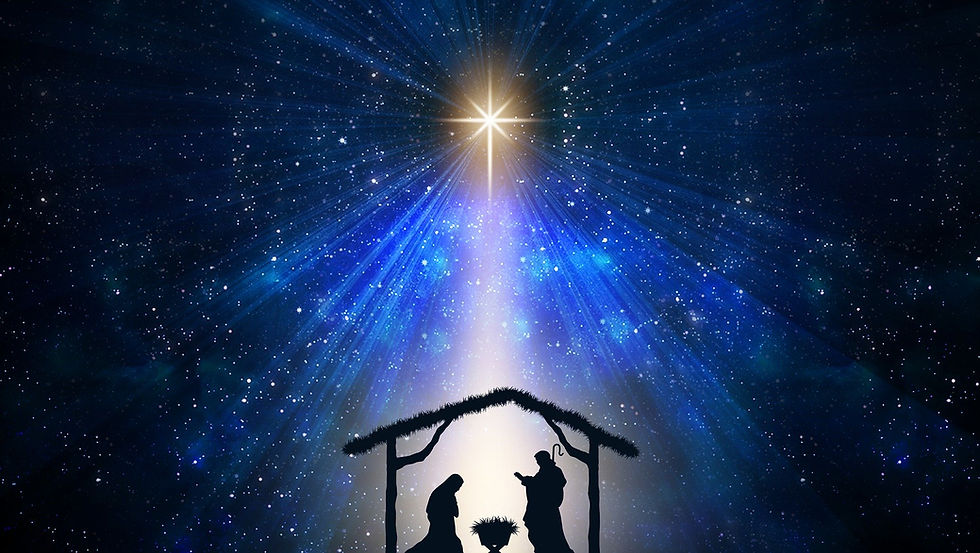Spiritual Simplicity
- Tim Blodgett
- Jul 6, 2021
- 3 min read
I have always been drawn to wilderness. Even in the years before I spent half of my day at a desk and in front of a computer screen, I yearned for the outdoors. As a child, I was just as likely to be found playing in “the woods” next door as in my own yard. I spent most of my childhood building bridges, forts, and paths in adjacent property. One of the saddest days of my youth was when the property was sold and a house built where my fort once stood. (I knew it was a great location.) In my teenage years, I fell in love with the writing of Henry David Thoreau and even then wished to live a simpler life. I wanted something more deliberate and essential too. This is a thought that has extended all the way into adulthood.

The Pastor’s Backpacking Retreat was conceived as a test case or a trial run. Would pastors want to travel to the wilderness to explore their faith in a new place (mostly) away from technology and family? Many of the participants had hiked or backpacked before, but how would this trip speak to faith, life, and community in new ways? Would it be restorative on this side of a global pandemic and challenges that brought to the church? In the weeks before the trip, I encouraged the group to read Beldan Lane’s book Backpacking with the Saints: Wilderness Hiking as Spiritual Practice. The wonderful book gave the group numerous lenses to see the trip, activity, and wilderness through new spiritual eyes.
My intention is to gather some of the reflections of the pastors that went on the trip for a future EOP News and Notes, so I do not want to offer an extensive summary of the little graces we took away from the trail. I will offer one that was particularly meaningful for me. It was something that Thoreau taught me long ago that I forgot: “Simplify, simplify, simplify!” There is something to the juxtaposition of life backpacking in the mountains and the post-pandemic world. I am not sure if the flood of activity recently is an overreaction to a year of lockdowns or if there is legitimately more to be done because of what was left undone in 2020, but the complexity of the last six months has been daunting. Compare that to rising with the sun, making coffee, making breakfast, packing gear, hiking six miles, and setting up everything again in a new location - the simplicity of the trail in front of you versus strategic thinking and action about a hundred different items. I know I cannot escape to the simplicity of the woods for the rest of my life, but there seems to need to be a middle ground. I was convicted by that.
I have never liked the simplistic reading of the Mary and Martha story in Luke 10:38-42. Preachers are often too dismissive of Martha. Martha is not just busy. She is serving a guest. She is doing something good, something commanded in scripture. We jump to saying “Martha, Martha” before we fully give her credit for her hospitality. There is something to be said for the simplicity of Jesus’ response to her when she asks, “Lord, do you not care that my sister has left me to do all the work by myself? Tell her then to help me.” Jesus responds, “Martha, Martha, you are worried and distracted by many things; there is need of only one thing. Mary has chosen the better part, which will not be taken away from her.”
What is simple, significant, and singular in your life? What is a distraction and busyness? How might a focus on your faith in Jesus Christ cut through the clutter of a complex world? Would a retreat into the wild help to answer those questions?





Comments